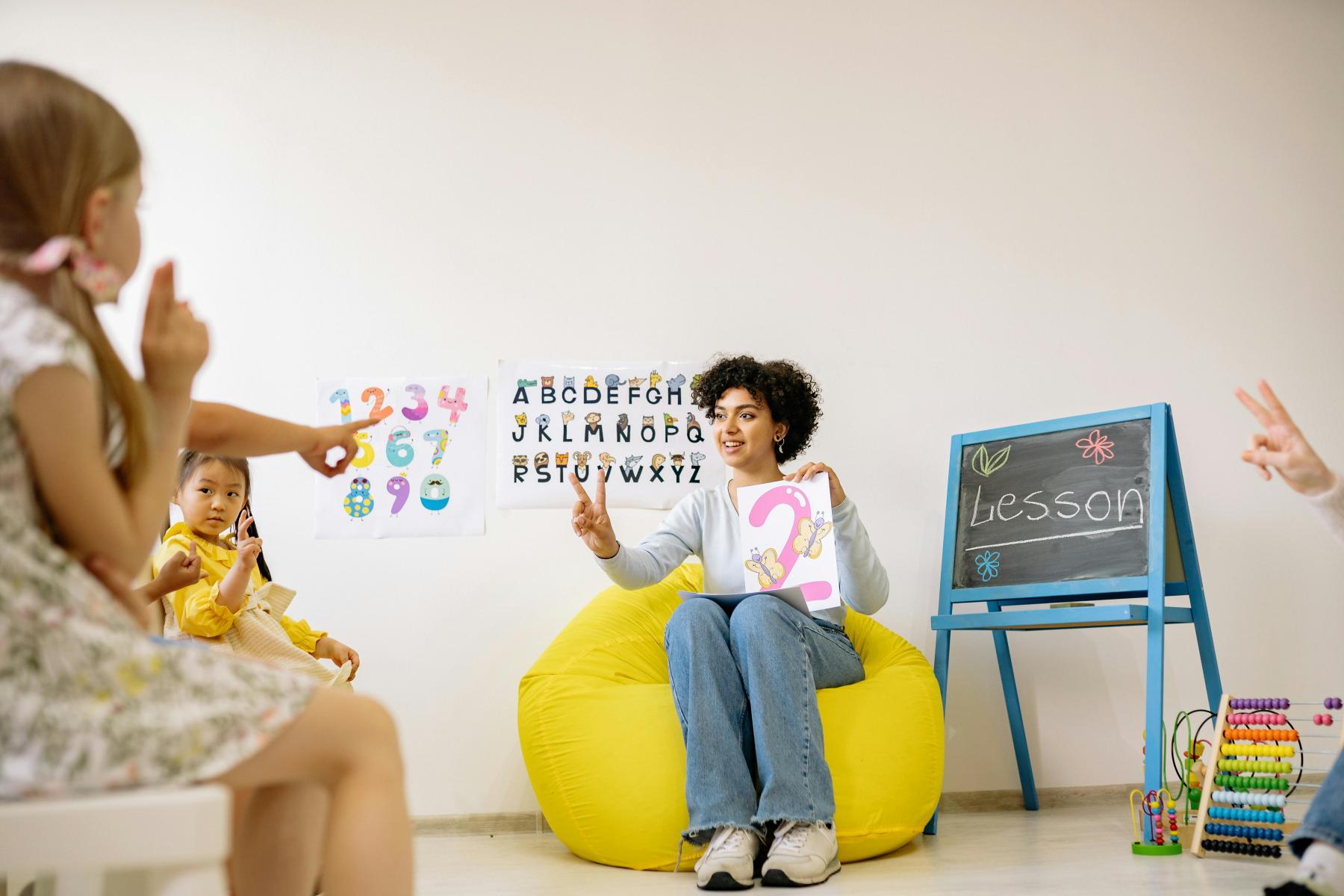In the vibrant world of Early Childhood Education, the foundation for a child's lifelong learning journey is laid down in the formative years of Kindergarten. At the heart of this crucial period is the responsibility of Kindergarten administrators to create a supportive learning environment that fosters holistic development.
Let's delve into the pivotal role administrators play in shaping the educational landscape for our youngest learners.
The Power of Physical Space
Kindergarten administrators wield the transformative power of physical space. The arrangement of classrooms, choice of furniture, and the incorporation of stimulating materials contribute significantly to a child's learning experience. A well-designed environment promotes curiosity, engagement, and exploration.
Tips for Administrators:
Flexible Learning Zones: Create diverse learning zones that cater to various activities, from group reading corners to interactive play areas.
Incorporate Nature: Bring the outdoors in with plants and natural elements, enhancing the connection between children and the environment.
Utilizing kidsday:
Real-Time Updates: Share real-time updates on activities, achievements, and important announcements, keeping parents actively involved.
The Role of Play in Learning
Play is a cornerstone of early childhood education. Administrators play a crucial role in fostering an environment where play is not just a break from learning but an integral part of it. Through play, children develop social skills, creativity, and problem-solving abilities.Provide open-ended materials that encourage imagination and creativity.
Structured Play:
Introduce structured play activities that promote learning in a fun and interactive manner.
A supportive learning environment is dynamic and ever-evolving. Administrators must embrace a culture of continuous improvement, seeking feedback from teachers, parents, and even the children themselves.
Professional Development: Invest in ongoing professional development for teachers to stay abreast of the latest educational trends.
Establish effective feedback mechanisms to gather insights from parents and teachers, fostering a collaborative approach.
In conclusion, the role of kindergarten administrators goes far beyond managing schedules and paperwork. They are architects of a child's first educational experience, shaping not just what is taught but how it is experienced. By creating a supportive learning environment, administrators pave the way for a generation of curious, confident, and compassionate learners, setting the stage for a lifetime of educational success.








